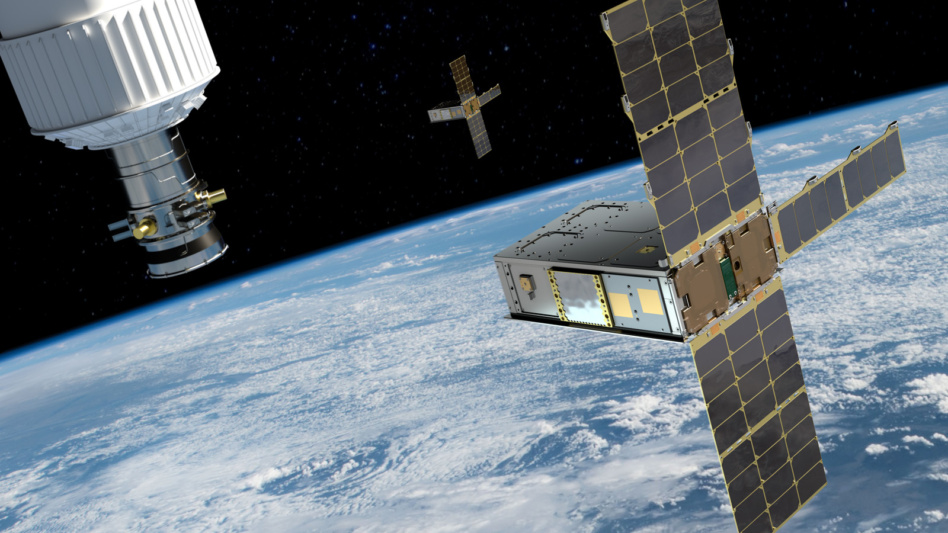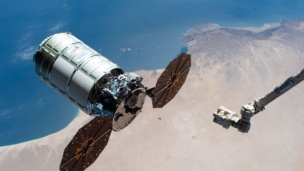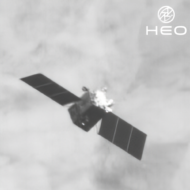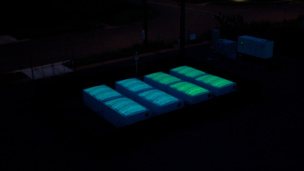CesiumAstro has raised a $60M Series B, the company announced this morning.
Airbus Ventures and Forever Ventures co-led the round, with L3 Harris also making a strategic investment. Previous investors, including Kleiner Perkins, Lavrock Ventures, Franklin Templeton Blackhorse Fund, and HEICO, also participated in the round.
CesiumAstro 101: The startup’s core product is its steerable, software-defined active phased arrays. These payloads allow customers to dynamically direct beams, lowering energy usage and torque. The arrays can provide inter-satellite and ground connectivity.
CesiumAstro launched its first two CubeSats for NASA in September. Then, in December, the startup received a NASA SBIR grant to speed up the development of Nightingale, its 2nd-gen active phased array payload. The company is targeting early 2023 to complete development and begin demo missions.
In the works: Now, the company is looking to vertically integrate and build a satellite bus to host the array. “We’re not building a platform to sell as a standalone satellite bus,” said Shey Sabripour, CEO of CesiumAstro. “It’s custom-made…as an end-to-end, vertically integrated product for our customers, rather than customers having to buy the payload from us and then find another bus integrator.”
Sabripour said this model will help CesiumAstro better serve new markets with satellite connectivity. The company’s second-generation products will provide in-flight connectivity on aircraft and connectivity to autonomous vehicles.
CesiumAstro is beginning work on the satellite platform, targeting delivery in late 2023-early 2024. Development on the second-generation of Nightingale is underway, as well as some early planning for the third generation of CesiumAstro products.




